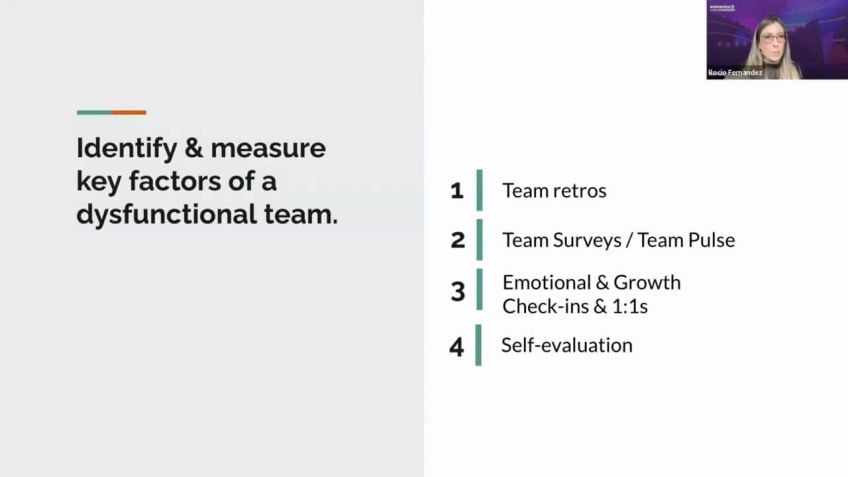
According to Gallup, we spend 81,396 hours of our lives working.
Supposedly, the only activity we spend more time on is sleeping.
If we dedicate so much of our lives to work, how is your work life going?
Below you will find seven of the most alarming stats on employee engagement:
😲 85% of Employees Are Disengaged
The State of the Global Workplace Report indicates that employee thriving has hit a record high. However, the survey also reveals that 85% of employees are unengaged at work. Despite progress, only 25% of workers are actively engaged, suggesting considerable room for improvement.
😐 50% of Employees Show Indifference
Organizations should recognize that actively disengaged employees can have negative impacts. These individuals often feel disappointment and lack commitment due to unmet expectations. The prevalence of actively disengaged workers is increasing. Consequently, companies need to regularly monitor employee engagement and take appropriate measures to address the concerns of these employees. To combat indifference and boost engagement, consider the WomenTech Network professional membership. This membership offers opportunities to expand networks, meet like-minded individuals, and attend premium events like the Women in Tech Global Awards and Women in Tech Global Conference. Being part of one of the largest women in tech communities worldwide can provide invaluable networking opportunities and a sense of belonging.
🌍 DE&I Increases Engagement by 3.2x
When employees perceive equity, inclusion, and diversity policies taking place in their organization, their engagement levels significantly increase. The Global Industry Report on the Impact of Employee Engagement Driving Equity, Diversity, and Inclusion reveals that organizations prioritizing these values have 3.2 times more engaged employees, highlighting the substantial impact of EDI on employee engagement. Additionally, the report shows that 25% of female and 20% of male employees view feedback as a crucial tool for boosting engagement and attracting a diverse workforce. This recognition underscores the importance of equality and inclusivity within organizations.
🌟 87% Say Recognition Boosts Job Satisfaction
Job satisfaction is a key indicator of employee engagement. When employees are content with their work and their company, they are less likely to seek other opportunities. How does recognition factor into this? According to 87% of employees, meaningful recognition significantly affects job satisfaction. Therefore, by providing meaningful praise, you can increase the likelihood of retaining your team members for longer periods.
For instance, you can nominate some of your employees for the Women in Tech Global Awards. These awards serve as a powerful means of recognizing women tech professionals in a traditionally male-dominated industry, boosting their job satisfaction and engagement. Don't miss out—see the categories and nominate deserving candidates today.
📈 Engaged Employees Drive 23% Higher Profitability
Business units with engaged employees achieve 23% higher profits compared to those with disengaged workers. Additionally, teams with engaged workers experience significantly lower absenteeism, turnover, and accidents, along with increased customer loyalty. The takeaway is clear: employee well-being aligns with everyone's goals.
📉 Disengagement Boosts Daily Stress by 45%
Disengaged employees are 45% more likely to experience work-related stress. To combat this, focus on wellbeing initiatives to boost engagement levels. Consider introducing seminars on topics like prioritizing mental health at work. You can also leverage your e-learning platform to deliver well-being courses or add some fun to the workday with online quizzes and gamified activities.
💬 70% Struggle with Video Calls
70% of the workforce has reported difficulty actively participating in video calls. This issue becomes particularly noticeable during team meetings when the internet connection is unstable. Additionally, many employees are hesitant to speak openly in larger groups. It's crucial to reach out to these individuals and create an environment where they feel comfortable expressing themselves.
In conclusion, given how much of our lives we spend working, it's crucial to address employee engagement seriously. The data shows there's ample room for improvement. By focusing on recognition, diversity, inclusion, and reducing stress, we can enhance both job satisfaction and productivity. These steps benefit not only employees but also the overall success of organizations. It's time to make meaningful changes in our work environments.






